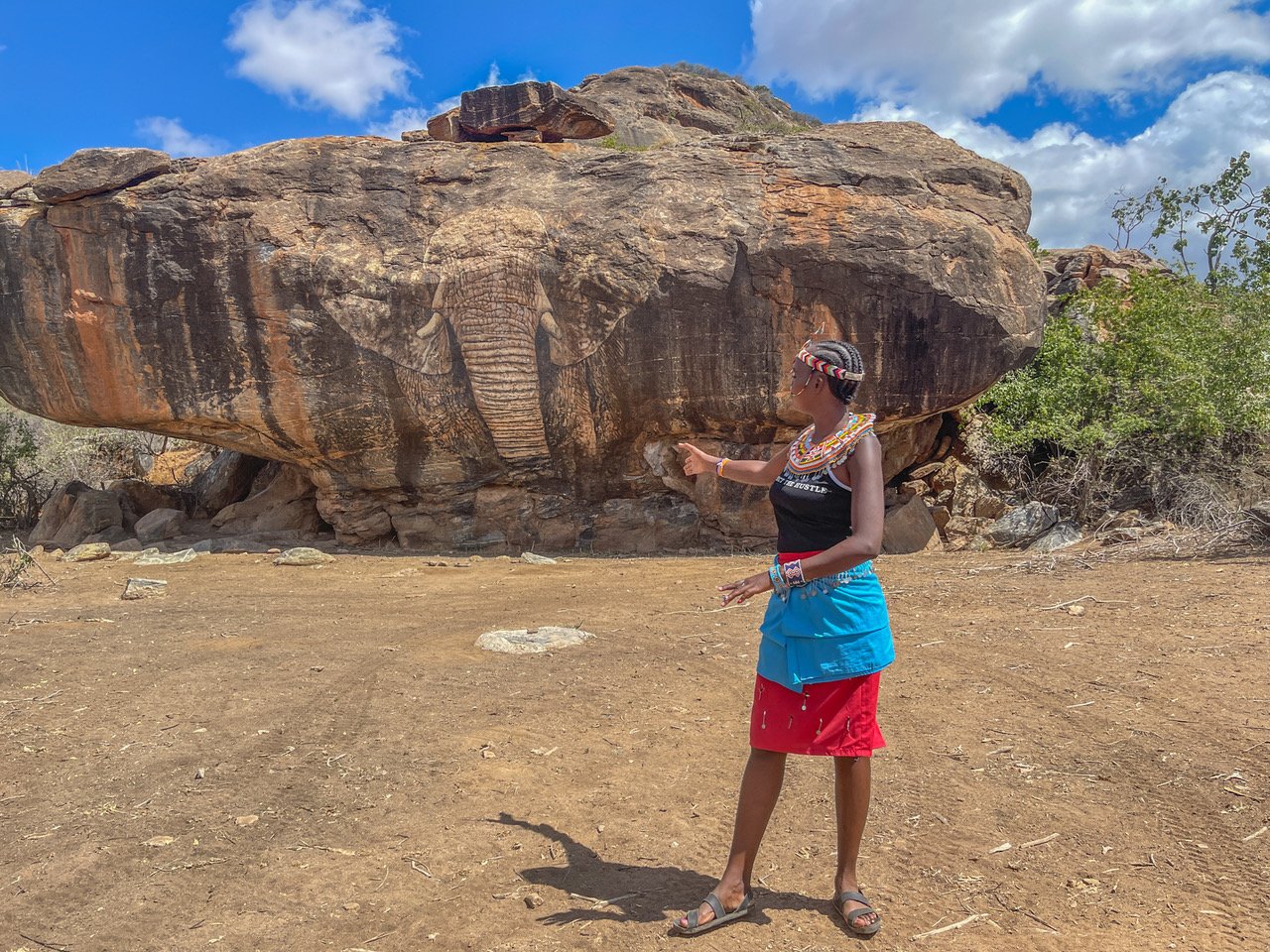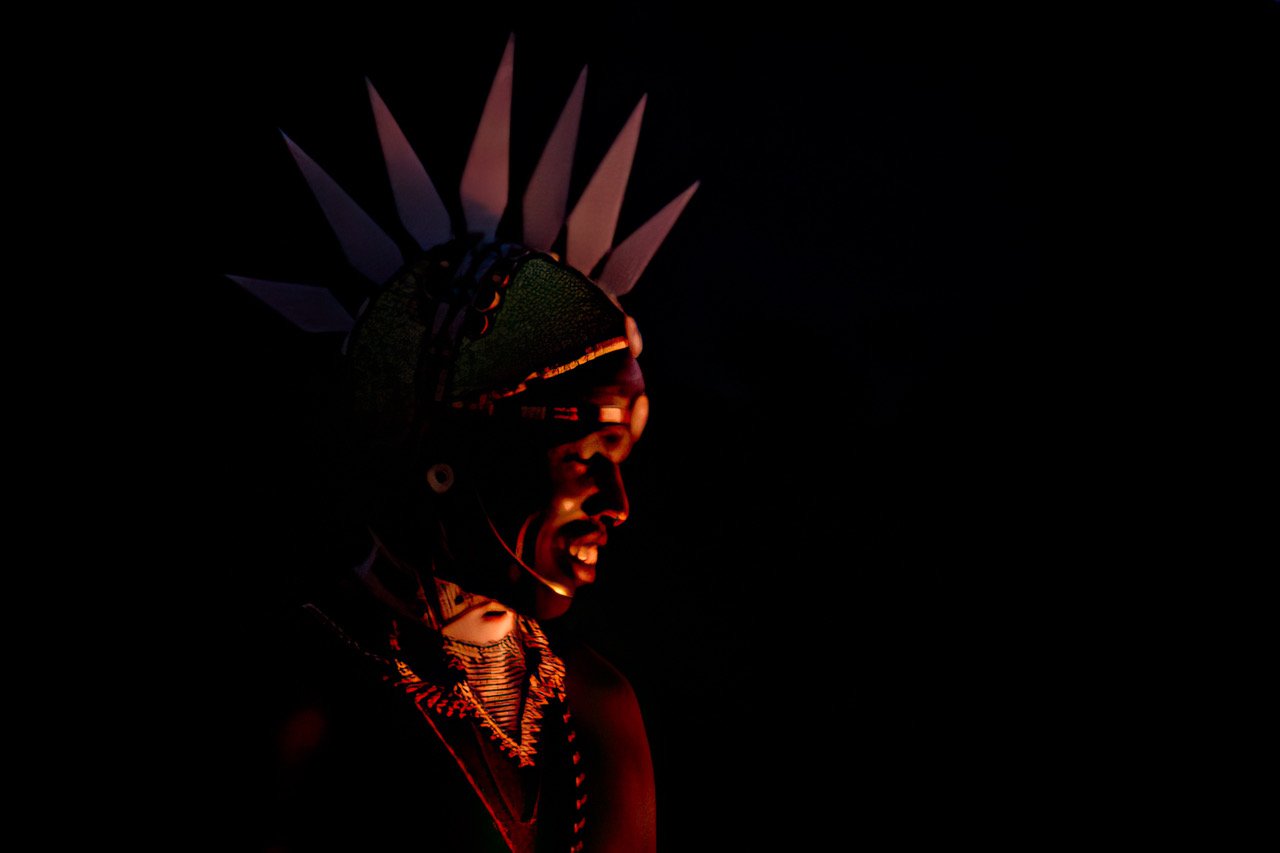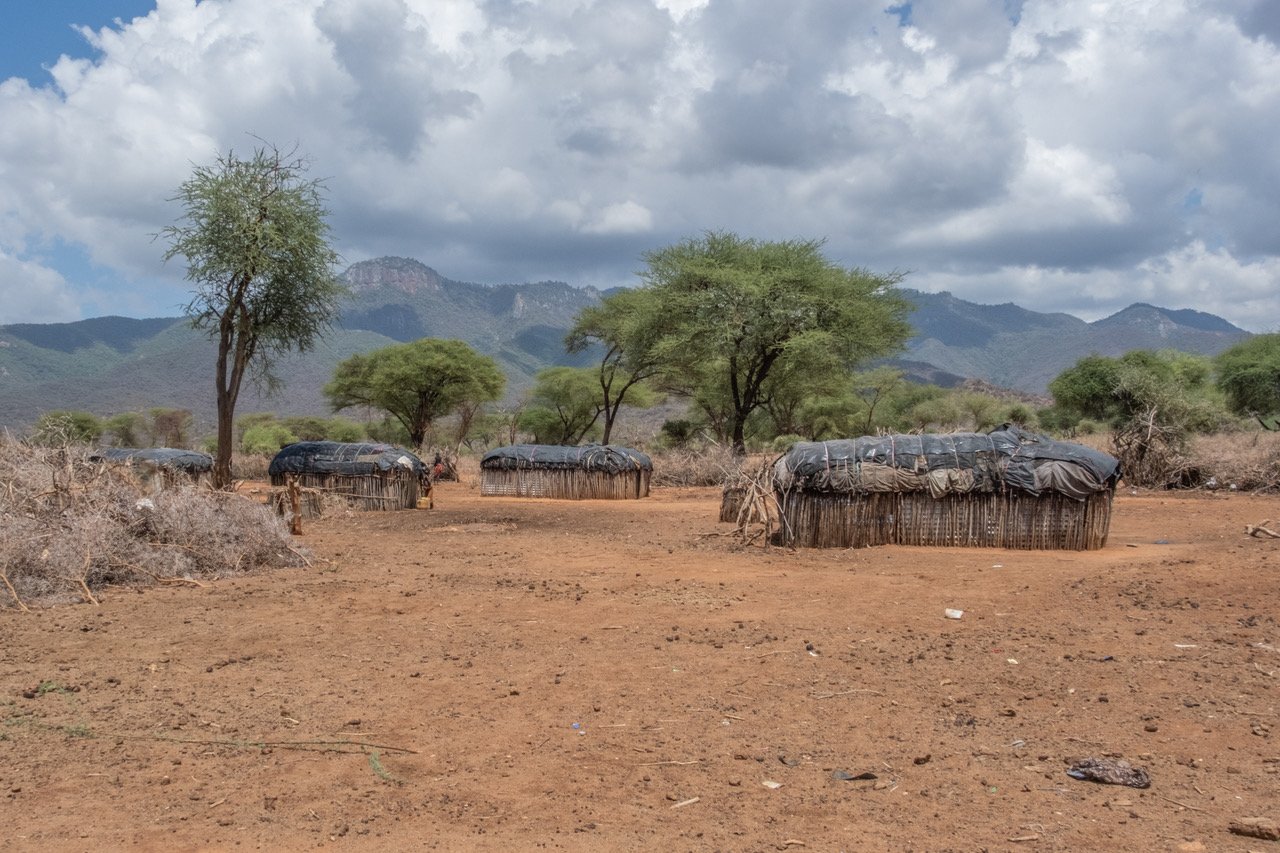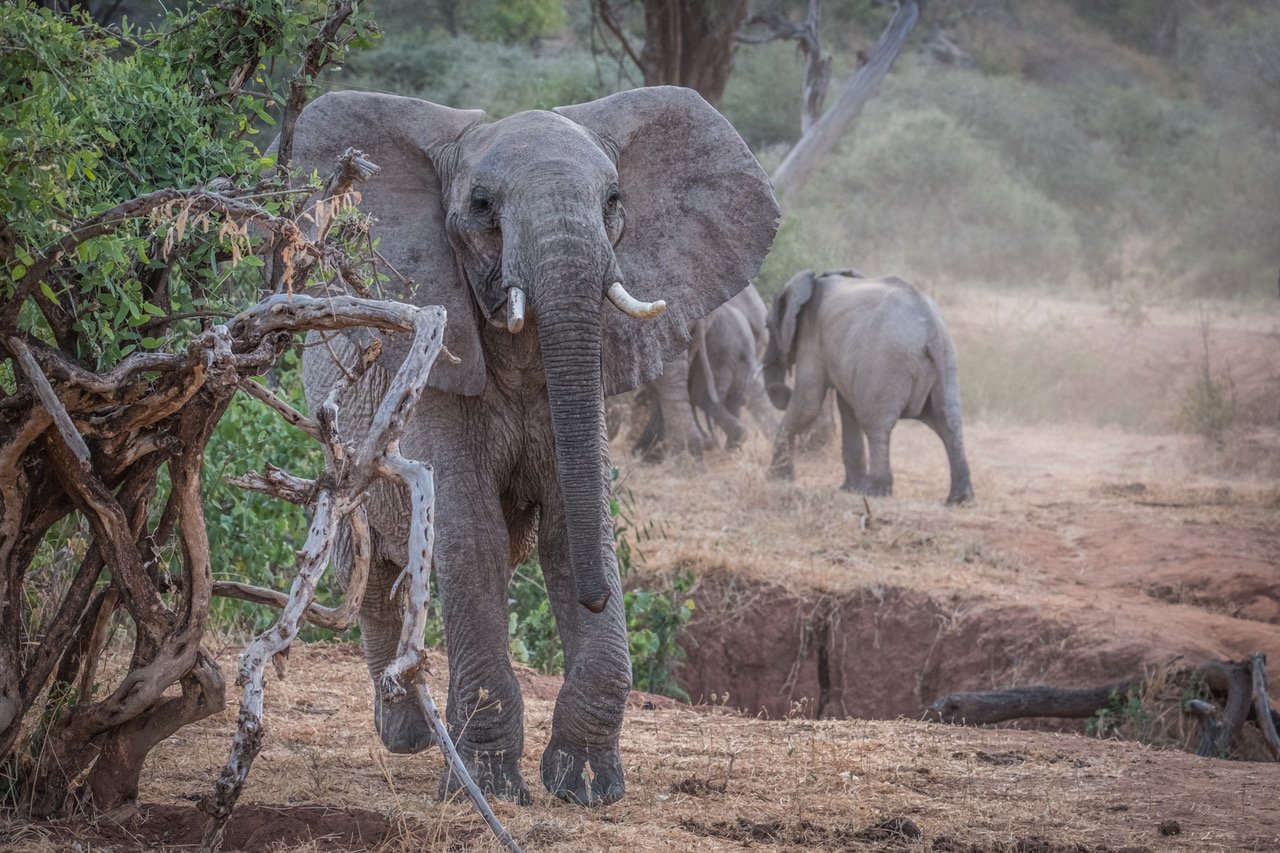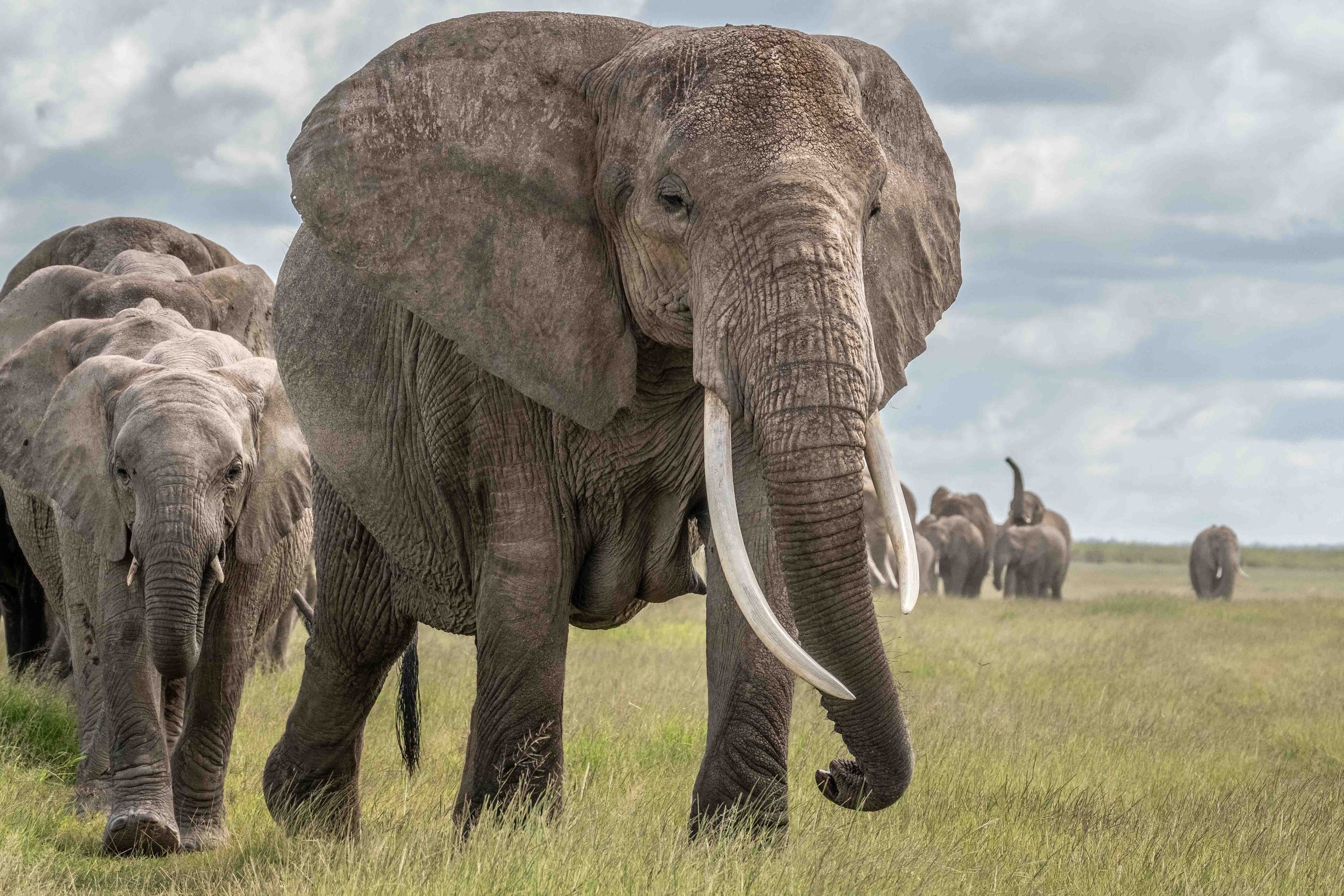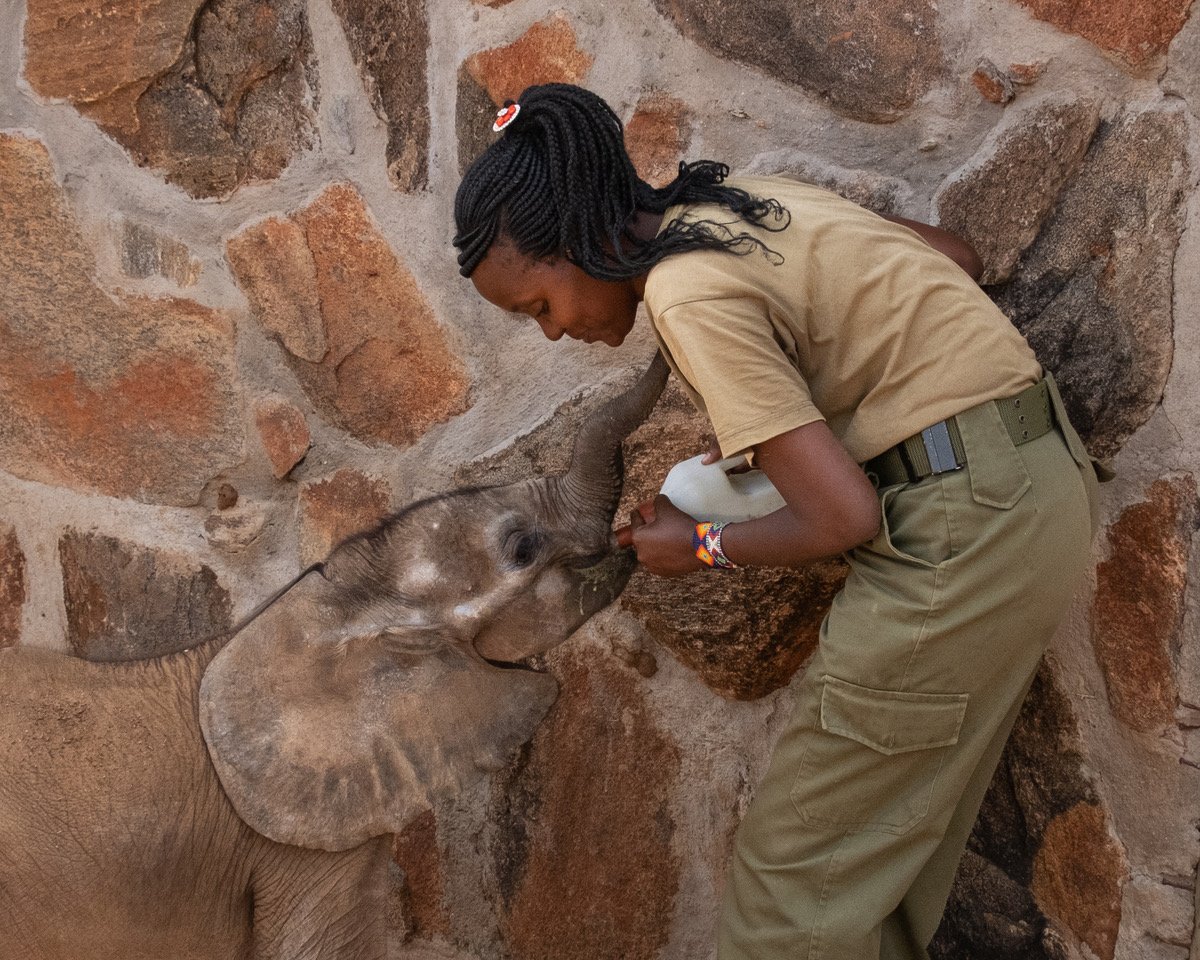How the Samburu Became the Ancestors of Elephants.
The pastoralist Samburu people of Northern Kenya believe elephants were once people. Their oral tradition tells the story of how they became the ancestors of the elephant.
Once upon a time in the arid land of the Samburu people, a young woman was betrothed to a warrior from a distant village. Families came from far and wide to celebrate the union of the couple. The day of her wedding was the first time the bride laid eyes on the man she was to marry. Her husband and his family were strangers to her. The bride’s father gave her strict instructions that she must not look back at their manyatta when she left with her husband to go and live with his family.
After the ceremony, the dancing and the communal feast, it was time for her to leave for her husband’s village. The young bride was overcome with sadness. Not knowing if she would ever see her family and friends again, she could not resist looking back over her shoulder at the only home she’d ever known. Nevertheless, she travelled with her husband to her new home.
Seeing this, the god N’gai, Creator of all things, was angry and he punished her for her defiance. That night the strangest thing happened. The girl began to swell. She grew bigger and bigger. She grew so big she burst out of the roof of the hut and turned into a huge, grey elephant.
Legend tells us that all elephants are descended from this first elephant girl. Hence the Samburu and elephants are blood related.
Like their human ancestor, the mammary glands of elephant cows are positioned on their chest in the same place as their human relatives.
To this day the Samburu feel a strong connection to elephants. They often share the same water resource. The Samburu collect water during the day and the elephants drink from their wells at night.
When the elephants pass by a human grave, they tend to cover them with grass and leaves. The Samburu make the same offering when they come upon an elephant skull or bones. They gather green grass, spit on it and gently place the grass in the elephant skull. The green grass symbolizes peace, the spit represents rain. Together they are a blessing bestowed.
Samburu women are the first female keepers in the indigenous owned and managed Reteti Elephant Sanctuary. Caring for orphaned elephants is a task they took up readily and naturally. They understood intuitively that love and constant care were exactly what the orphans needed to heal from their loss.

